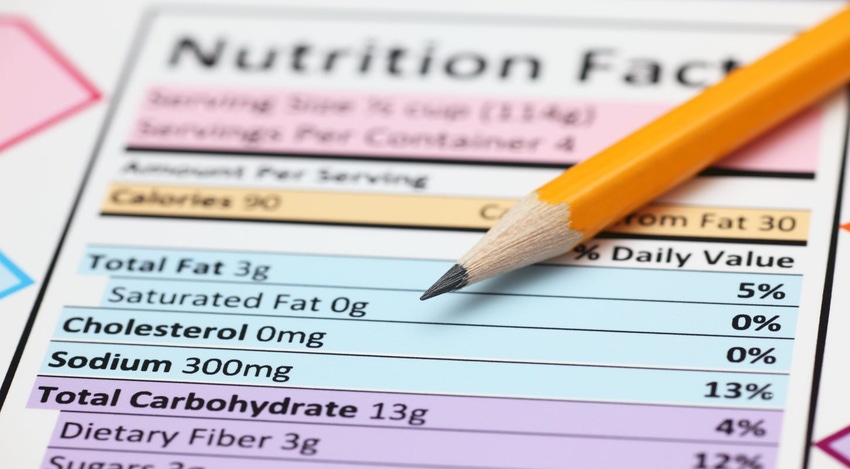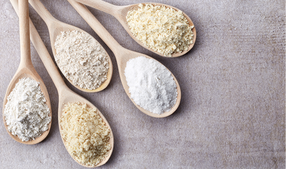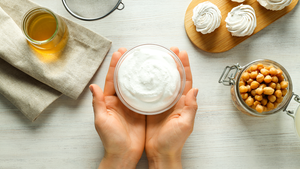Are voluntary guidelines for healthier food and beverage enough to force real changes in the industry?

Poor diet is among the leading causes of poor overall health; a 2019 study found nearly 20% of all heart disease, stroke and type 2 diabetes costs in the U.S.—some $50 billion—are a result of poor diet (PLoS Med. 16[12]:e1002981).
For these reasons, Public Health England (PHE) has, over the past several years, published a series of voluntary targets for food manufacturers to improve the nutritional value of their products, including reductions in sugar, salt and calories.
The question, though, is whether such voluntary targets are having a real effect on the nutritional quality of foods. The answer, according to a recent study, appears to be underwhelming (PLoS One. 2021;16[8] e0254833).
For the study, researchers from the University of Oxford in the U.K. investigated how, if at all, the nutritional quality of foods produced by the world’s top 10 food and beverage companies—including Mondelez, Coca-Cola, Premier Foods and others—changed over time. Together, the companies account for nearly a quarter of food and beverage sales in the U.K.
To judge the nutritional quality of these brands’ products, each was assigned points based on such factors as energy, saturated fat, total sugar, sodium level, fiber and protein. In addition, fruit, vegetable and nut contents were considered.
Based on these scores, the researchers found only very modest improvements in the overall healthfulness of products. From 2015 to 2018, the percentage of products meeting the “healthy” classification criteria increased from 46% to 48%. The sales increase for healthy products between 2015 and 2018 was slightly larger, from 44% in 2015 to 51% in 2018, though researchers mainly attributed that to increased sales of bottled water and other no-calorie beverages. In fact, with soft drinks removed from the equation, the proportion of healthy sales actually fell from 2015 to 2018.
“Between 2015 and 2018, there was no evidence of change in the overall mean sales weighted nutrient profiling score of products sold by the top 10 food and drink companies in the U.K.,” the researchers concluded. “This suggests that despite PHE’s reformulation targets for calories, sugar and salt, there has been no improvement in the nutritional quality of foods that people are buying.”
Food & Beverage Insider insights
Though overall, little improvement was seen in the nutritional quality of products sold and purchased within the U.K., some data did show compelling evidence that some measures have been successful. However, the most successful appear to be those measures which are not voluntary.
The improvement in the nutritional quality of soft drinks sold and purchased, according to researchers, can be traced to the introduction of the Soft Drinks Industry Levy (SDIL), which imposes extra taxes on brands for excess sugar in their products.
“[This improvement] was largely attributable to a reduction in the sugar content of some soft drink products and an increase in the volume sales of healthy beverages (bottled water, low/no calorie drinks and fruit juices), changes likely driven by the introduction of the Soft Drink Industry Levy in 2018,” the researchers noted.
However, that is not to say voluntary regulations and monitoring are not effective tools in other regards. The researchers explained that even the process of monitoring brands for their nutritional qualities begets improvement, even if slowly.
“Transparent monitoring of this kind also allows for greater consumer understanding of the work that is, or is not, being undertaken by companies,” the study concluded. �“There is some evidence that pressure from the social environment is a factor influencing corporate behavior, and public benchmarking exercises may increase pressure on companies to make meaningful change.”
As consumers increasingly call on food and beverage brands to provide great-tasting, better-for-you products—a trend only accentuated by the recent global pandemic—the power of the almighty dollar in conjunction with these voluntary goals may well push the global food and beverage industry in a healthier direction.
About the Author(s)
You May Also Like






